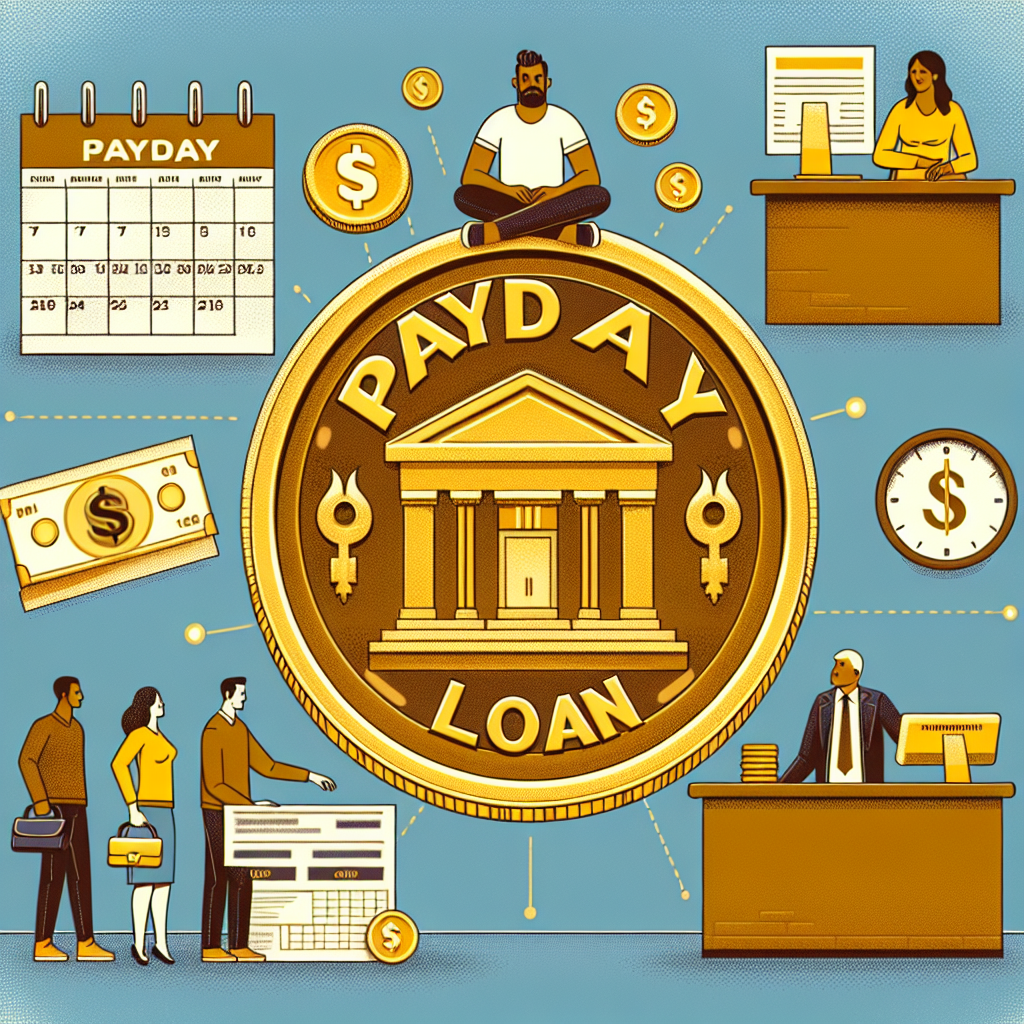
Paydayloans
Understanding Payday Loans: A Comprehensive Guide
Whether you've heard of them in passing or are considering them as a potential solution for urgent financial needs, payday loans are a frequently discussed aspect of personal finance. In this article, we aim to provide clarity about what payday loans are, how they function, and the associated risks and benefits.
What Are Payday Loans?
Payday loans are short-term, high-interest loans intended to cover urgent expenses until the borrower receives their next paycheck. Generally, these loans are designed to be paid back within a few weeks to a month. Here are some defining characteristics:
- Short-term borrowing, often for small amounts ranging from $100 to $1,000.
- High interest rates that can accumulate quickly.
- Credit checks may not be required, allowing borrowers with poor credit scores the opportunity to access funds.
- Repayment is usually due in one lump sum on the borrower’s next payday.
How Do Payday Loans Work?
The mechanics of payday loans are straightforward. Below is a simplified process of how these loans typically function:
- Application: Borrowers can apply online or in-person at a payday loan provider's location.
- Verification: The lender verifies the borrower’s identity and income level. Personal checks or electronic debits may be used as collateral.
- Approval: If approved, the lender assesses the loan amount and interest rate, often based on the borrower's income and previous borrowing history.
- Funding: Once the terms are agreed upon, the loan amount is disbursed immediately, either in cash or via direct deposit.
- Repayment: The borrower is required to repay the total amount, including fees, on their next payday.
The Pros of Payday Loans
While payday loans can be controversial, they do offer several advantages that cater to specific financial situations:
- Quick Access to Cash: In emergencies, borrowers can obtain cash almost instantly.
- No Credit Check: Those with poor credit histories can still qualify for a loan.
- Simplicity: The application and approval processes are generally straightforward.
- Flexibility: Payday loans can be used for various expenses, from medical bills to car repairs.
The Cons of Payday Loans
Despite the benefits, payday loans are often criticized due to the following reasons:
- High Interest Rates: APRs on payday loans can be extremely high, reaching multiple hundred percent annually.
- Debt Cycle Risk: Many borrowers find themselves taking out new loans to pay off existing ones, leading to a cycle of debt.
- Fees and Penalties: If unable to repay on time, borrowing extensions can lead to additional fees that further complicate the financial situation.
- Predatory Practices: Some lenders engage in unfair or deceptive practices, taking advantage of vulnerable consumers.
Alternatives to Payday Loans
If you're considering a payday loan, it’s essential to explore alternative options that may be more financially viable in the long run. Here are some alternatives to keep in mind:
- Personal Loans: Traditional bank loans often come with lower interest rates compared to payday loans.
- Credit Union Loans: Many credit unions offer short-term loans with reasonable terms and lower rates for members.
- Payment Plans: Negotiating payment plans with service providers can often be less expensive than a payday loan.
- Credit Cards: If you have access to a credit card, this can be another way to manage urgent expenses without the exorbitant fees of payday loans.
Who Should Consider Payday Loans?
Payday loans may suit certain types of borrowers, specifically those who find themselves in dire financial situations. However, they should only be considered after exhausting all other options. Here are some scenarios where payday loans might be considered:
- Unexpected Medical Expenses: Individuals who face urgent medical situations may need immediate funding.
- Car Repairs: If your vehicle breaks down and you rely on it for work, a payday loan may provide fast capital.
- Utility Bills: Those facing late fees or disconnection may find a payday loan to bridge the gap.
What to Look For in a Lender
If you do decide to proceed with a payday loan, it's important to choose a lender that adheres to ethical practices. Here are some factors to consider:
- Licensing: Ensure the lender is licensed in your state.
- Transparent Terms: Look for clear information about interest rates, fees, and repayment terms.
- Customer Reviews: Research customer feedback to gauge the lender’s reputation and trustworthiness.
- Regulatory Compliance: Choose lenders who abide by federal and state regulations regarding payday lending.
Conclusion: Making an Informed Decision
Payday loans can be a double-edged sword. While they offer quick access to cash, the associated risks mean that borrowers must tread carefully. It's crucial to weigh the benefits against the potential for high interest fees and the possibility of entering a debt cycle. Before proceeding with a payday loan, assess your financial situation, explore alternative funding options, and choose a reputable lender if you decide to go through with it.
In summary, consider all your options, and don't hesitate to seek advice from financial professionals if needed. This way, you can make an informed decision that best fits your current financial needs.
“Always evaluate the long-term impact of any financial decision.”``` This template provides a comprehensive overview of payday loans while adhering strictly to your requirements and maintaining a neutral, informative tone.
By Guest, Published on September 19th, 2024